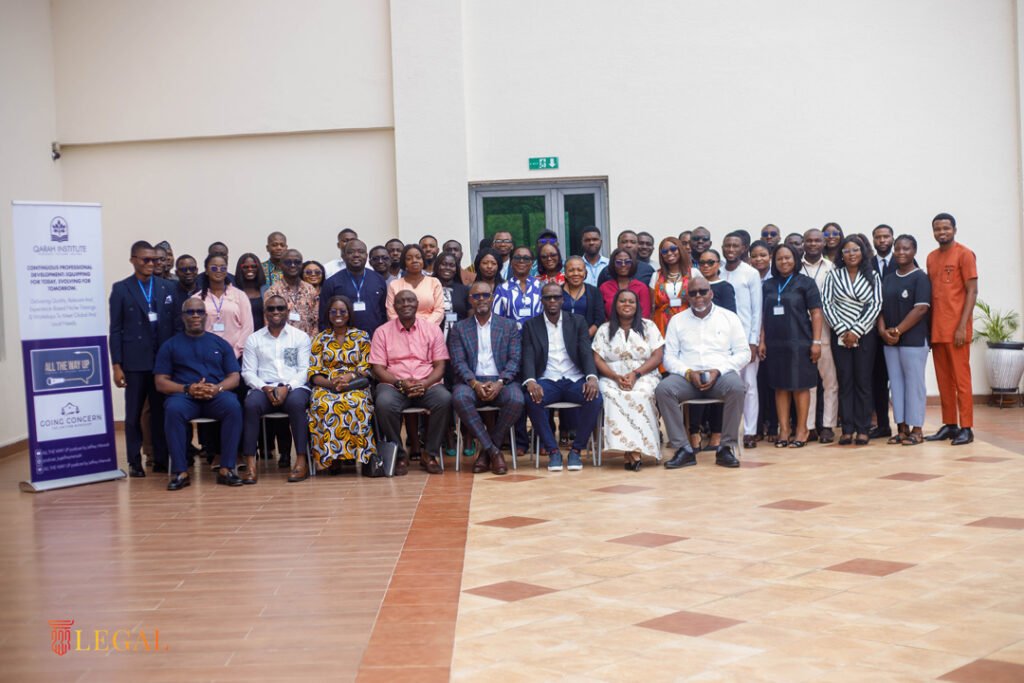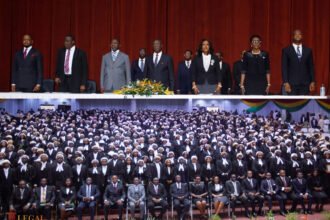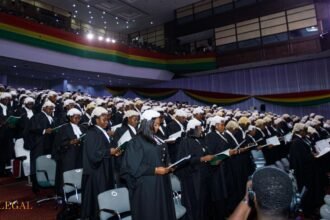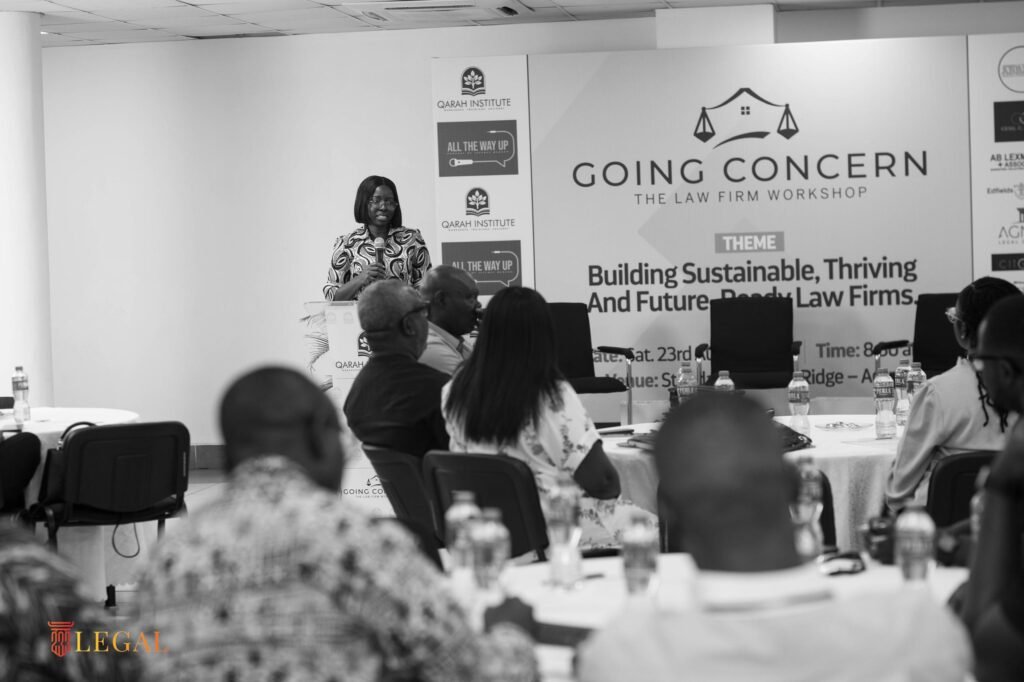
Published August 28, 2025
On 23rd August 2025, the maiden edition of the Law Firm Workshop, dubbed “going concern” was held in Accra under the “theme Building sustainable, thriving and future ready law firms”. The innovative workshop organized by the Qarah Institute featured distinguished addresses by Vice President of the Ghana Bar Association, Mrs. Victoria Barth and Mr. Kwame Boateng founder of K-Archy & Company.
Also in attendance was Dr Kweku Ainuson a lecturer at the University of Ghana School of Law alongside other esteemed members of the legal fraternity whose contributions enriched deliberation.
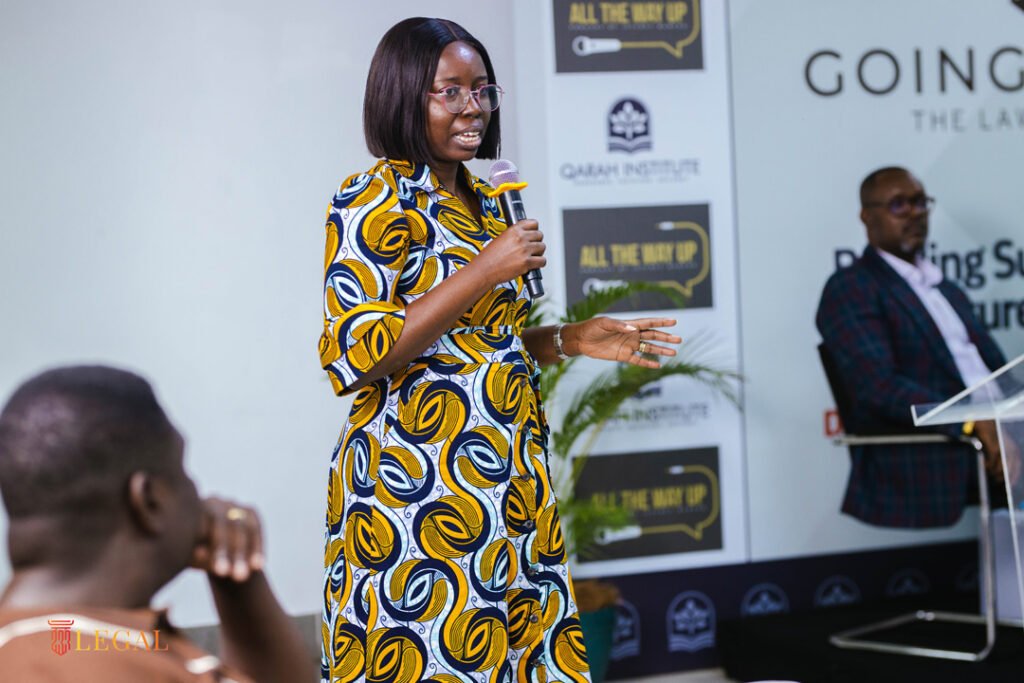
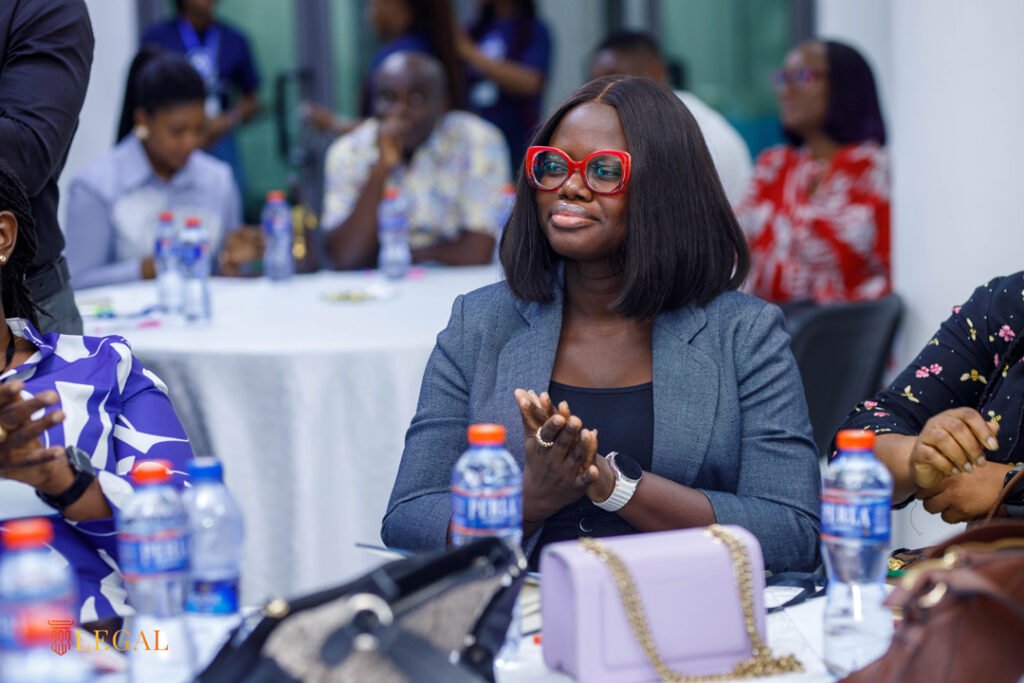
Keynote Address
Mrs. Barth’s keynoted address emphasized the pillars of a thriving law firm in contemporary practice, underscoring the need for firms to adapt to a changing world in order to remain relevant. She observed that law firms must be structured to outlive their founders, with leadership clearly defined to ensure effective succession as well as a shared vision and mission. Central to her address was the role of People and Culture, stressing that the ability to develop and retain high-quality professionals is invaluable to a firm’s success. She urged leaders to celebrate exits-even when difficult-and to embrace change, reminding participants that technology is no longer optional.
Special Guest Address
Mr. Kwame Boateng remarks were directed particularly to the younger members of the profession. He advised young lawyers to be patient and committed to learning in order to gain quality experience. He encouraged aspiring law firm founders to acquire at least five years of active practice before venturing out and cautioned against “burning bridges” when leaving firms. He expressed concern about the halt in routine inspections of law firms by the Bar Association and called on the Ghana School of Law to incorporate training on law firm management into its curriculum. Mr. Boateng also remarked, “For every client, there is a business opportunity—find it.”
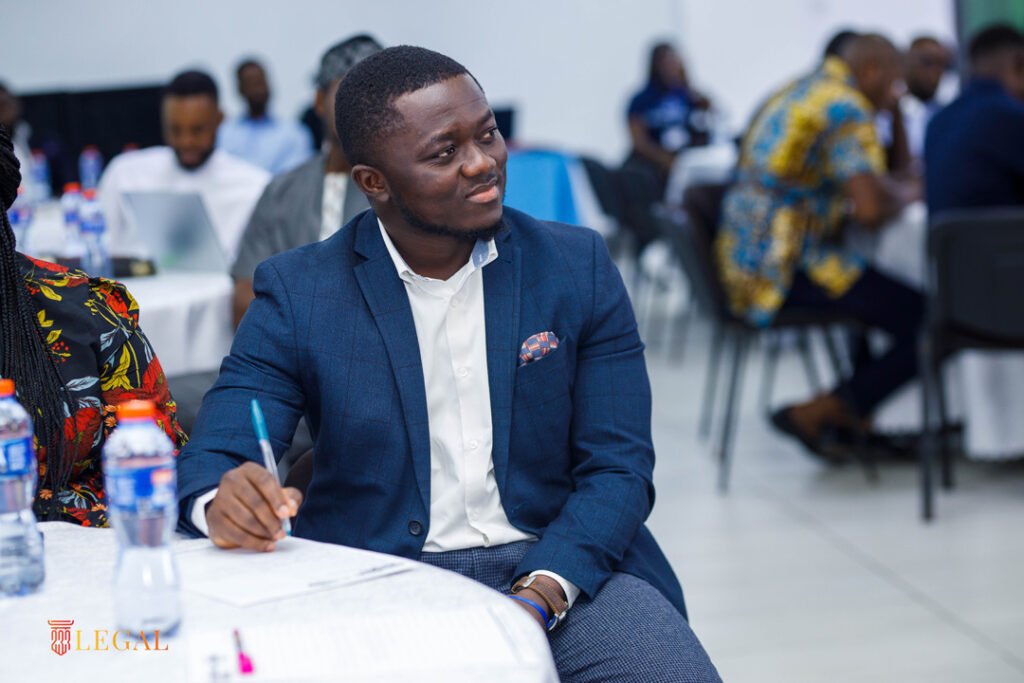

Workshop Sessions
- Human Resource Management in Law
This session commenced with a presentation by Mr. Eric Adadevoh, Esq. and followed by a panel discussion with Nancy Awotwe Ackon, Esq. This session stressed the importance of strategic recruitment and structured onboarding. The panel emphasized hiring cultural fits, investing in professional development, providing clear career paths, and encouraging mentoring, coaching, and secondments as vital tools for sustaining human capital.
- Law Firm Structure: Governance Models and Succession
Dr. Kweku Ainuson, delivered the presentation with a follow-up panel discussion with Dr. Kwame Nyampong. Partners were cautioned to make financial decisions before revenue is generated in order to manage expectations. The panel underscored the need to build strong client relationships beyond legal services, establish clear structures for equity ownership and profit distribution, and prepare for succession by training future leaders of the firm. They stressed that firms should not revolve around a single individual but rather build capacity to ensure longevity.
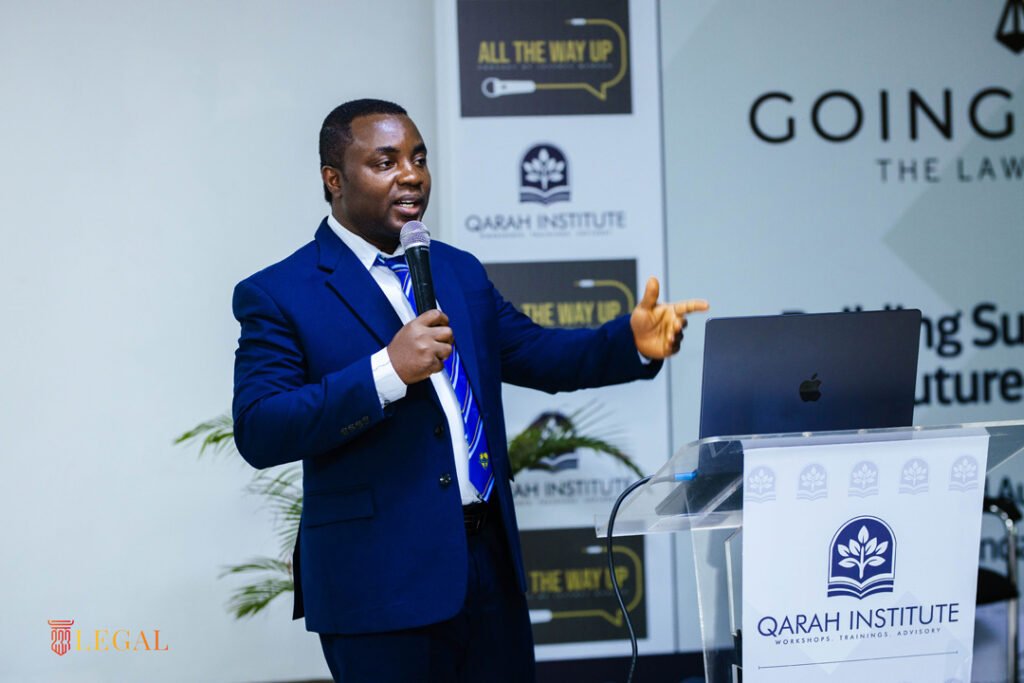
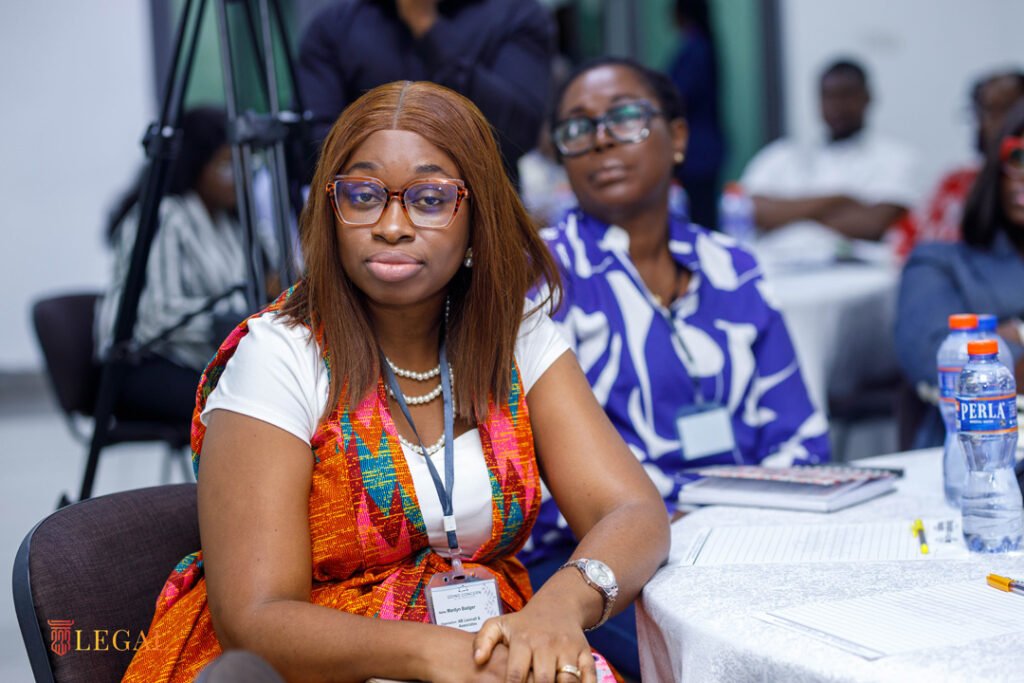
- Corporate Strategy and Business Development
In this session Thelma Tawiah, Esq. was joined by marketing strategist Edwin Letsa Kpedor, Esq. Ms. Tawiah outlined the cornerstones of corporate strategy such as market positioning, talent development, client focus, growth and expansion, resource allocation, and risk management. She also highlighted business development models including thought leadership and content marketing, innovation and technology adoption, and client feedback mechanisms as key components of a modern law firm.
- Technology and Innovation in Law Firms
Desmond Israel, Esq. delivered the final session emphasizing the transformative role of technology and innovation in modern legal practice. He emphasized the significance of Artificial Intelligence as a vital tool for enhancing legal services, urging firms to embrace and integrate technology as an indispensable part of the profession.
The Going–Concern workshop proved thought-provoking. It offered a valuable forum to examine the evolving demands of legal practice, and to chart pathways for building institutions capable of enduring beyond the individuals who create them.
